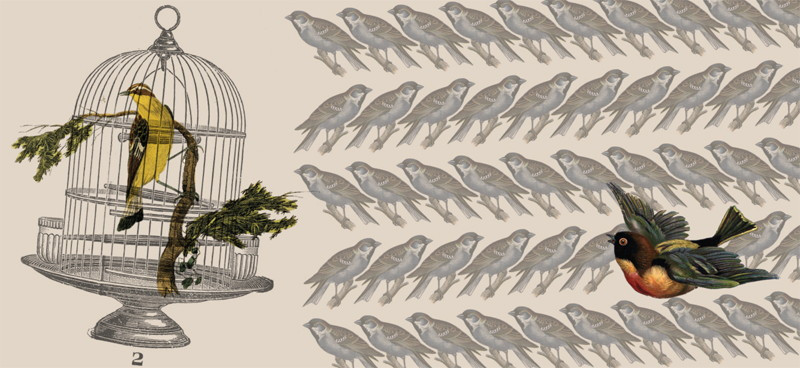I want my decision back
When it comes to our political leaders, we don’t always get what we vote for
Elections are generally assumed to be a mechanism by which citizens in a society may govern their affairs. Government “of the people, by the people, for the people,” as Abraham Lincoln put it, can best be achieved if participants in our society select, from a slate of candidates, the one who best sympathizes with their concerns and interests.
Paradoxically, we find that this process often yields results that do not reflect the will of the people.
The phenomenon of left-wing vote-splitting in a first-past-the-post electoral system accounts for some of this counterintuitive reality.
Nevertheless, this kink in our system doesn’t go far enough in explaining the discrepancy between the policy preferences of Canadians and those of the people they elect to power.
For example, in 1992, a number of constitutional amendments were proposed in a package known as the Charlottetown Accord. It would ostensibly resolve many of the disputes relating to the balance of power between federal and provincial levels of government.
Following the fiasco of the defeated Meech Lake Accord, a broad federal-provincial-territorial consultation, which included aboriginal groups, women’s groups and business leaders, was initiated.
The Charlottetown Accord had the support of all 10 provincial premiers and the two territorial leaders.
Significantly, all three of the major parties in the House of Commons at the time – the Liberals, the Conservatives and the New Democrats – supported the changes, and engaged in an expensive campaign advocating in favour of the new constitutional formula.
Yet these leaders who supposedly represented the will of the people were soundly thwarted in the referenda of Oct. 26, 1992. In six out of 10 provinces, Canadians voted no to the Charlottetown Accord decisively, by more than 60 per cent.
More recently, we find virtually the same dynamic playing itself out on the federal scene with regard to the international military incursion into Libya.
According to an Abacus poll conducted in June, 41 per cent of Canadians supported Canada’s military intervention in Libya, with 33 per cent opposed and 25 per cent unsure. Yet that same month, parliamentarians, including the left-leaning NDP, voted almost unanimously to extend the mission in Libya.
“ Does the occupation of a position in authority have some kind of effect on a person that separates them from the constituency that elected him or her?
How to account for this incongruence? Does the occupation of a position in authority have some kind of effect on a person that separates them from the constituency that elected him or her?
I think there may be more involved than leaders simply letting power go to their heads.
People in these positions of influence encounter a unique scrutiny that is unheard of among the governed. They come to rely more and more on bureaucratic entities, paid advisors and public relations experts, among other elements of the ruling framework.
This effectively divorces them from the communities that sent them to office.
There are more variables guiding the actions of elected representatives than just the attitudes of the people who elected them.
In the face of these realities, those with strong policy concerns need to expand their focus beyond the lady or gentleman or party that they believe best represents their interests. To achieve success, there must be people sympathetic to the cause inside the institution as well as people on the outside rattling those cages.
The relative success of the labour movement, civil rights movement, the women’s movement, and gay and lesbian struggles is testament to the reality that change is possible even under the most adverse of circumstances.
So by all means, take part in the provincial election campaign and support the candidate(s) of your choice.
But when election day arrives Oct. 4, should the results not go quite the way you’d like, don’t get mad – get organized!
Michael Anthony Welch is the news director at CKUW 95.9 FM and host of Alert! Radio.
Published in Volume 66, Number 5 of The Uniter (September 29, 2011)








